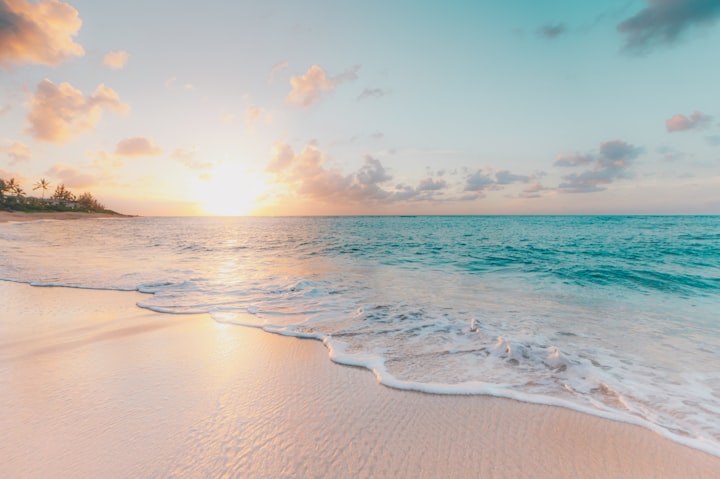The U.S. Acquisition of Hawaii and the Transformation of Its Sparse Population to 91% Uninhabited
Hawaii: An Exceptional State with a Wealth of Historical Significance and Unique Geographic Features

Hawaii: A Unique State with a Rich History and Geography
Hawaii stands as one of the most intriguing and notable states within the United States. Its allure lies not only in its breathtaking natural beauty but also in its unique history and geography. Situated thousands of miles away from the North American mainland, Hawaii is entirely isolated in the vast expanse of the Pacific Ocean. This isolation has shaped its culture, history, and population distribution in distinctive ways.
Island Concentration: Oahu's Dominance
One of the most striking features of Hawaii's geography is its population distribution. While the state comprises a chain of islands, the majority of its residents are concentrated on the island of Oahu. This relatively small island, making up just nine percent of the state's total land area, houses a staggering 70% of Hawaii's population. This concentration of people on Oahu has transformed it into a bustling and vibrant hub within the Hawaiian archipelago.
Volcanic Origins and Movement
The Hawaiian Islands are geologically unique, and their formation can be attributed to millions of years of volcanic activity. These islands were created by a volcanic hotspot, which is essentially a plume of molten rock rising from deep within the Earth's mantle. Over time, this hotspot has generated a chain of islands as the Pacific Plate gradually moved northwestward. Hawaii's volcanic landscape is a testament to the ongoing geological processes that continue to shape the islands.
Polynesian Discovery
While the Hawaiian Islands have a geological history spanning millions of years, their human history is relatively recent in comparison. It is believed that Polynesian navigators first discovered these remote islands around 900 A.D. This discovery occurred long after many significant events in world history, such as the rise and fall of empires and the spread of major religions. Hawaii's isolation from the rest of the world kept it hidden from the course of human history for millennia.
Captain Cook's Encounter
The official contact between the native Hawaiians and the outside world occurred in 1778 when British explorer Captain James Cook arrived in Hawaii during one of his voyages in the Pacific. Cook's arrival marked the beginning of Hawaii's interaction with the wider world and opened the doors to exploration and eventual foreign influence.
Kamehameha the Great: Unification of Hawaii
One of the pivotal figures in Hawaii's history is Kamehameha the Great, a Hawaiian chief who emerged in the late 1700s. With access to advanced Western weaponry, including guns and rifles obtained through trade with the English, Kamehameha embarked on a military campaign to unify the Hawaiian Islands. By 1795, he had largely succeeded, consolidating his rule over the islands of Maui, Kahulawe, Lanai, Molokai, and Oahu, in addition to his native Hawaii. This marked the formation of the Kingdom of Hawaii.
Influence and Annexation
Hawaii's history is characterized by a series of changes in power dynamics and external influences. Over time, various foreign nations established their presence in Hawaii, including the United States. In 1898, Hawaii was officially annexed by the United States, becoming a territory. This marked a significant turning point in its history as it transitioned toward its current status as a U.S. state.
A Unique and Diverse State
Today, Hawaii stands as a unique and diverse state within the United States. Its history, influenced by both native Hawaiian culture and external forces, has shaped its identity. The islands continue to draw visitors from around the world with their natural beauty, rich culture, and unique geographical features. Hawaii's volcanic landscapes, lush jungles, and vibrant communities make it an intriguing and unparalleled destination for travelers and a fascinating part of the United States.
About the Creator
Safira Rodrigues
Discover precision and brilliance in my articles. Trust the accuracy and enjoy the awesomeness. I've poured my heart and soul into crafting content that's not just informative, but a captivating journey for your mind. Read now!





Comments (1)
Thats sad’! Good writing’!